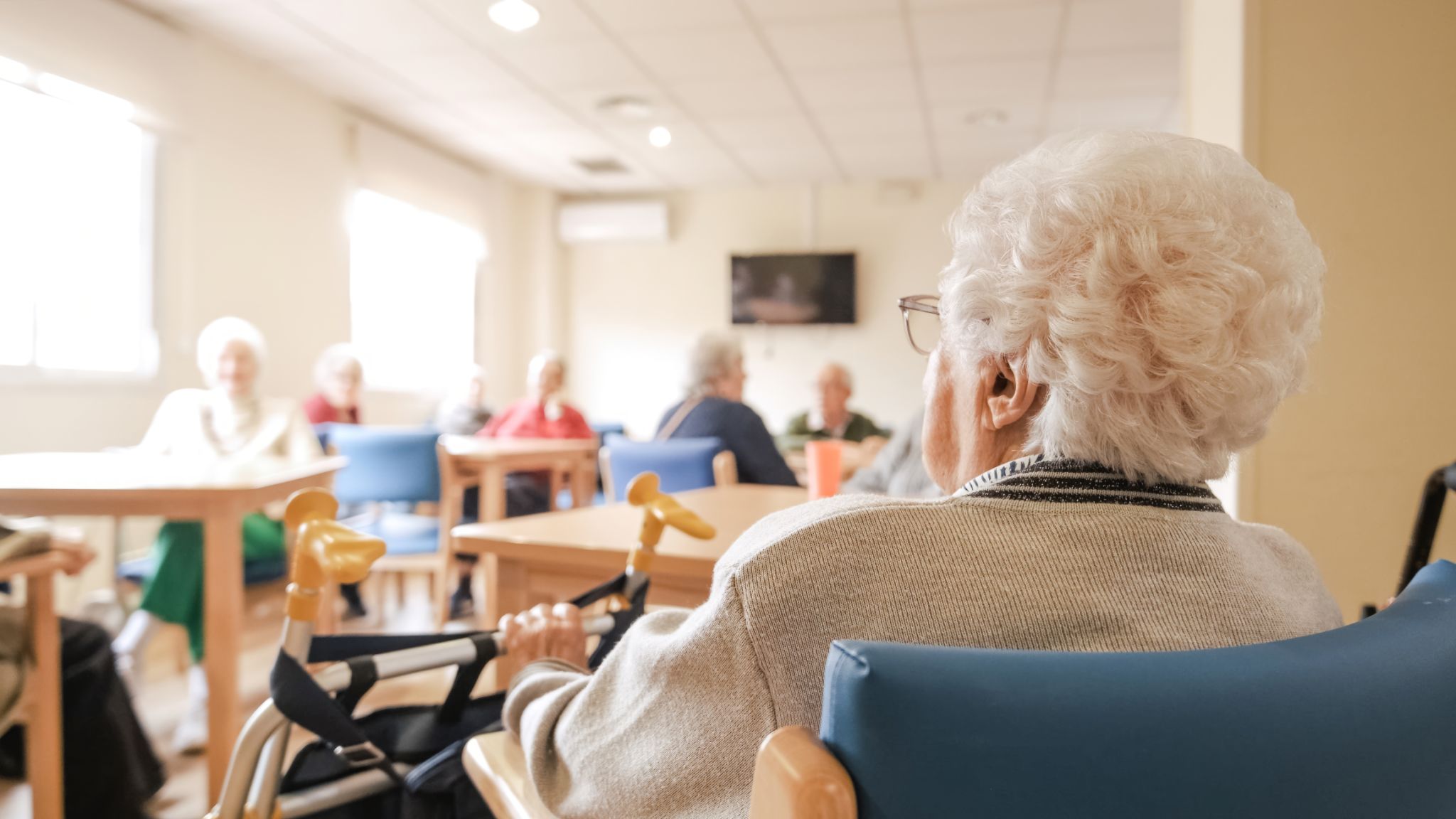Seasonal Care Tips: Preparing for Winter with Live-In Care
HI
Understanding the Importance of Winter Preparation
As the temperature drops and winter approaches, it's crucial to ensure that our loved ones receiving live-in care are prepared for the colder months. Winter can pose numerous challenges, especially for seniors or those with mobility issues. With the right preparation, these challenges can be managed effectively, ensuring comfort and safety throughout the season.
Winter weather can exacerbate health conditions such as arthritis, respiratory issues, and circulatory problems. Additionally, the risk of slips and falls increases with icy and wet conditions. Therefore, taking proactive measures is essential to safeguard the well-being of those in need of live-in care.

Home Safety and Comfort
Ensuring a Warm Environment
Keeping the home adequately heated is vital during winter. Make sure the heating system is in good working order before the cold sets in. Consider setting up a programmable thermostat to maintain consistent temperatures throughout the day and night.
In addition to central heating, ensure that windows and doors are well-insulated to prevent drafts. Use heavy curtains to keep out the cold and consider draft excluders at door bottoms. A warm home environment not only ensures comfort but also helps prevent illnesses like colds and flu.
Safety Precautions
With icy conditions, it's essential to minimize fall risks both inside and outside the home. Ensure that driveways and pathways are regularly cleared of ice and snow. Inside the home, make use of non-slip mats and secure carpets to prevent trips and slips.

Health and Nutrition
Nutritional Needs
Proper nutrition is crucial during winter to maintain energy levels and boost immunity. Incorporate a variety of fruits and vegetables into meals, focusing on those rich in vitamins C and D. Warm soups and stews can be comforting options that provide essential nutrients.
Ensure that those in live-in care are staying hydrated, even during colder weather when thirst may be less noticeable. Warm drinks like herbal teas can be a soothing option.
Monitoring Health
Regular health check-ups are important to monitor any changes in health conditions. Stay vigilant for signs of seasonal illnesses such as flu or colds, and ensure prompt medical attention when needed. Encourage flu vaccinations to reduce the risk of illness.

Emotional Well-being
Staying Connected
Winter can sometimes lead to feelings of isolation due to shorter days and less opportunity for outdoor activities. It's important to maintain social connections during this time. Encourage regular phone calls or video chats with family and friends.
Live-in caregivers can also facilitate engaging activities such as reading, puzzles, or crafts to keep spirits high. A well-rounded care plan includes attention to emotional well-being as much as physical health.
Encouraging Outdoor Activities
On milder days, encourage short walks or time spent in a garden area, if possible. Fresh air and natural light can significantly boost mood and reduce feelings of winter blues.
By taking these steps, those receiving live-in care can enjoy a safe, comfortable, and fulfilling winter season, surrounded by warmth and attentive care.
